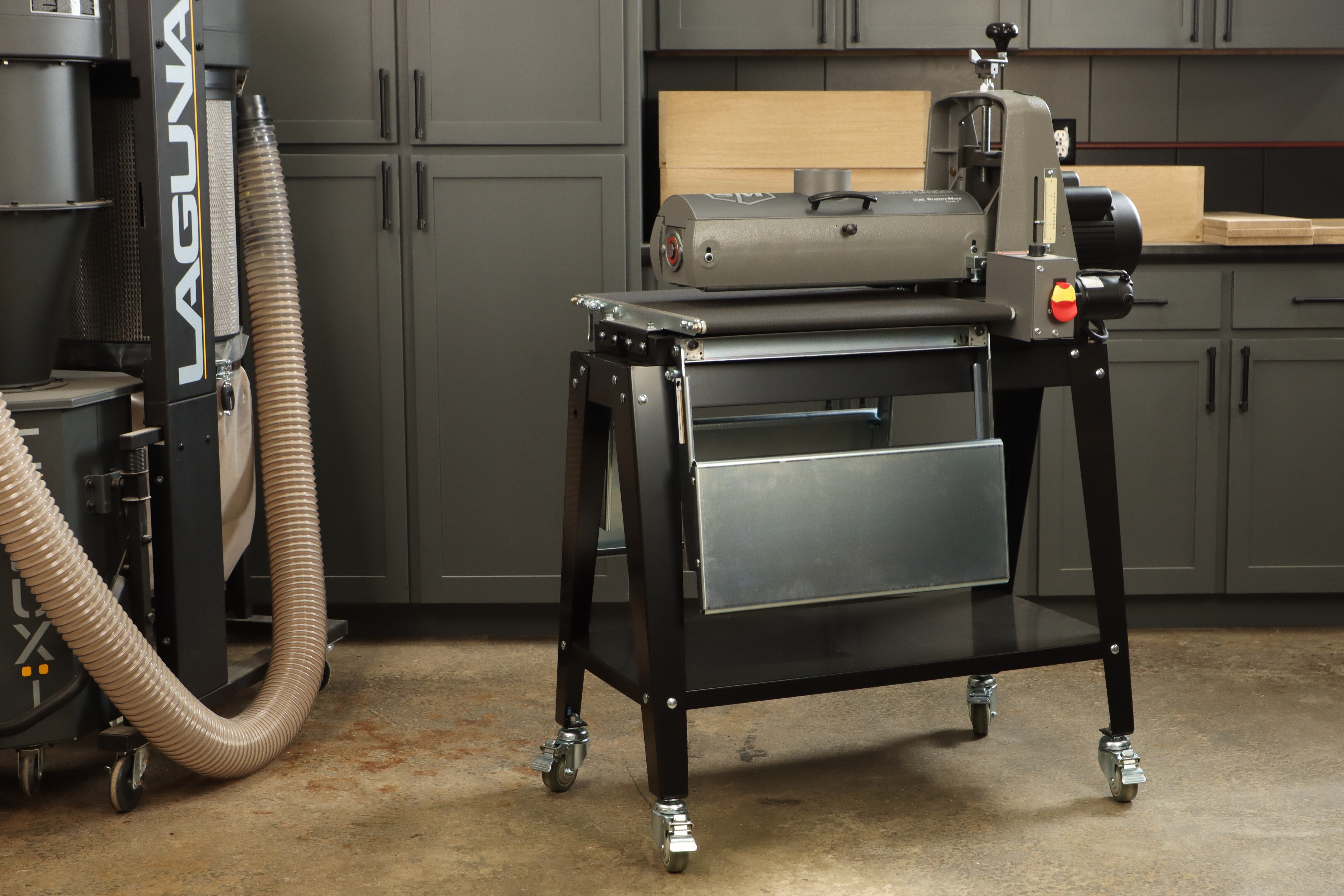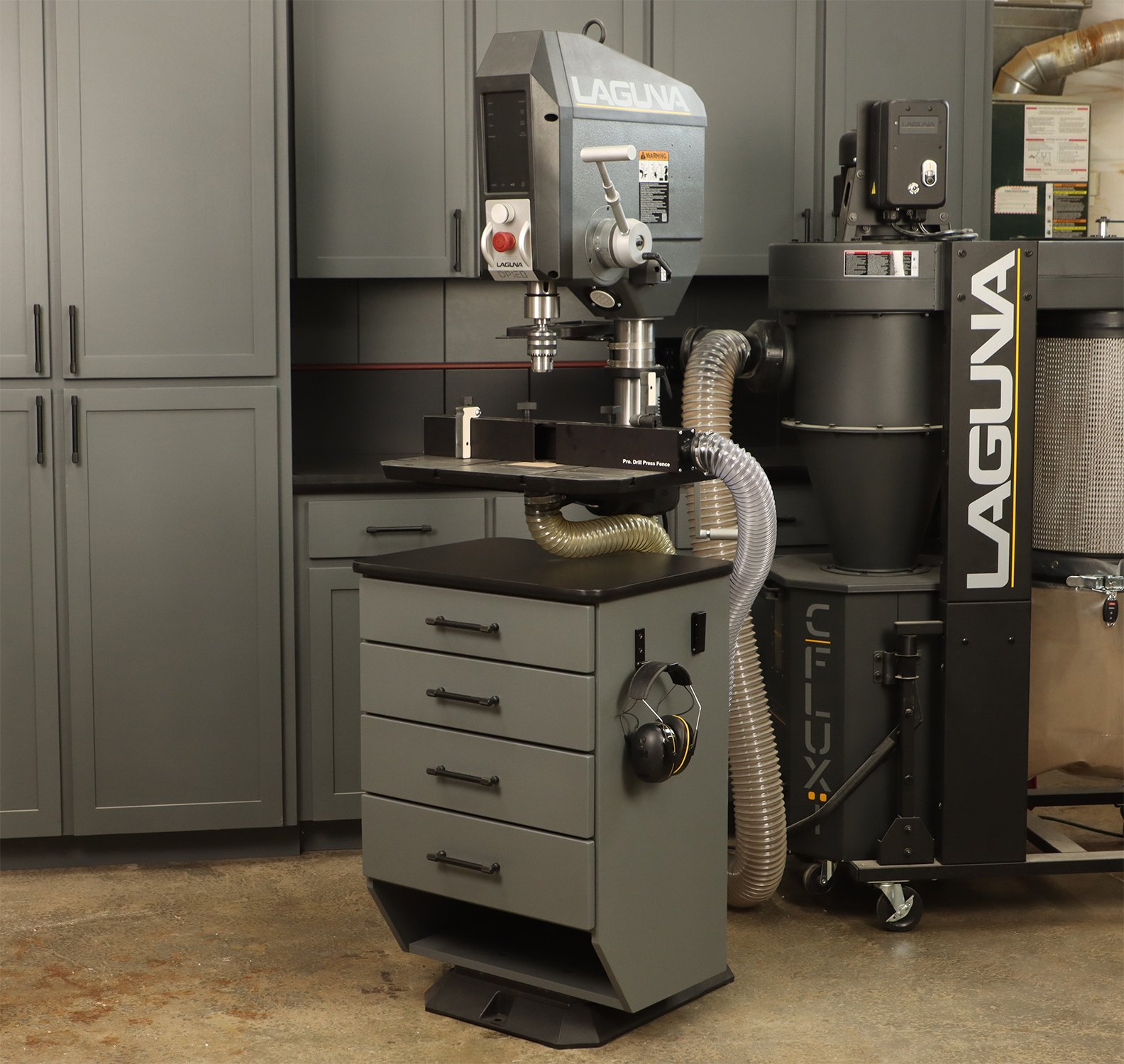As with any craft, transforming your skills with woodworking into a profitable business can be easier than you might think.
Although it takes time, dedication, and patience, there are no limits to what you can achieve with your woodworking business.
Set Your Goals
Before you get started scaling your new business, you need to sit down and write out your goals. These can be long and short term, but they all need to be achievable.
A few questions you should ask yourself while setting your goals include:
- What are your strengths?
- How much money are you able to invest in materials, tools, etc?
- What type of project are you willing to take on initially?
- How will you advertise your new business?
- What is your monthly income goal?
If you are able to answer these questions, you’ll be well on your way to creating a successful woodworking business. Devise a plan of action for your small business.
Stock Up On Supplies
This is a tricky stage. While you don’t want to blow all your money on a bunch of supplies that will sit in your workshop for six months, you also want to ensure that you have everything you need to get started.
Every woodworker knows that materials make up the largest portion of the overall cost. Each artisan also has a preferred type of wood they like to work with.
The key here is to find a reputable supplier that you can form a long-lasting business relationship with.
This can get you some useful discounts later on down the road. You can also find lumber from online vendors.
Buy the Proper Gear
Now that you have a plan of action and plenty of wood materials, you need to invest in the right tools.
Some of the most common tools that you’ll need inside your workshop include the following:
- Dust Collector - an air filtration unit that keeps the air inside the shop clean and breathable.
- Bandsaw - a valuable precision cutting tool.
- Chisel Set - handheld tools for cleaning out joints.

- Circular Saw - a handheld power tool used for cutting stock sheets such as plywood.
- Clamps - these hold pieces of wood together while the glue dries.
- Sander - gives the wood a smooth finish.
- Framing Square - used for creating right-angle joints and squaring cabinets.
- Hand Drill - creates holes and secures screws quickly and efficiently.
- Jigsaw - a precision cutting power tool that can be fitted with a variety of blades.
- Planer - a power cutting tool that slicing wood into different thicknesses.
There are plenty of other tools you can buy for your business, but those are the most common.

Find Your Niche
This ties back into the first step of setting your goals. If you are good at making small wood objects, you may want to set your focus on toys and decorations.
If you have skills that can accommodate larger items, you may want to focus on building furniture. You could build just about anything from birdhouses to picture frames and designer clocks to wooden spoons and bowls.
Wherever your strengths lie, start there. This is your niche. It helps potential customers understand your capabilities. It also makes marketing much easier.
Start By Selling Offline
With his type of craft-based business, it’s a good idea to get your products into the hands of your friends, family, and residents. You can start by getting a booth at local craft fairs or asking to sell your products in furniture stores and galleries.
Once the word gets out about your high-quality, handmade wood products, people will start to reach out to you for your services.
To speed this process up a bit, you can also start handing out flyers and posting ads in the local newspaper. These traditional advertising methods still work today.
Start Selling Online
Here’s where things get tricky again. When it comes to artists and crafter, any are wary of the new tech aspect of building a business. But it is not as hard as you may think.
It’s very easy to build a website with an online store these days. You don’t need any coding skills. All you need is to find which platform works for you.
You can choose from a variety of host sites including WordPress, Wix, Shopify, etc. These sites can have your store up and running in a matter of minutes.
You also need to get on social media platforms to further promote your woodworking business. The audience that you can reach is extensive. Consider making a Facebook page to engage in an active community and get your products in front of more eyes.
Instagram is a great platform to utilize as well to post images of your best work. YouTube is another solid choice if you’re savvy with a video camera. You can post how-to videos that can grow your audience substantially in a short period of time.

Advertise Online
Now that you’re on a roll, it’s time to start advertising online. You can use Google Ads to boost traffic to your online store and Facebook Ads to boost engagement on your social media page.
These online advertising methods are very different from the traditional method mentioned earlier.
With digital marketing, you have the ability to control who sees your ads. This means that you won’t be wasting money advertising to people who are not interested in what you have to sell.
By utilizing target marketing, your wood creations and services will be put in front of the correct audience. This will greatly increase your chances of making more sales.
Expanding Your Skills
Once you’ve done all of that and your business is thriving, you can consider expanding your skillset. Depending on your ambitions, you can begin taking on more complex projects.
This is a personal choice, of course. If you are content with being a toymaker or furniture builder, you don’t have to go any further.
However, if you want to scale your woodworking business, it can be profitable to learn how to build other, more complicated things.
In Conclusion
Although every business is unique, there are certain steps that you should take to transform your woodworking hobby into a small business.
It takes time, but if you follow the steps provided in this article, you will be on your way to success.
or more information on woodworking and woodworking tools, check out Lagunatools.




